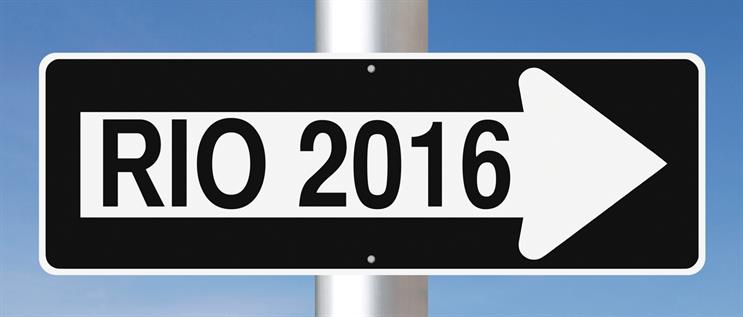Big creative campaigns were seen from the likes of Coca-Cola, British Airways and Adidas. New precedents were set for the public level at which global brands would align themselves with the spirit of the Games and create big hero campaigns to demonstrate their support.
But more ground-breaking from a brand perspective, was the contribution that sponsors and partners made, through the line, to positive engagement with communities.
Most notably, British Airways launched a £500k fund to help talented young people achieve their dreams, while Adidas introduced "adizones", a suite of innovative multisport facilities in the shape of the London 2012 logo.
In fact, the extent that brand sponsors worked with young people, particularly in schools across the UK, was a world first for the Games. It also delivered something invaluable for brands themselves. Namely, a legacy grounded in sustainable business, social and educational impact, reaching far beyond the Games themselves.
Fast forward to now, and the Rio Opening Ceremony is in sight. Brands continue to align themselves with Team GB and Paralympics GB on their road to Rio, and activate their brand sponsorship by working with young people and communities.
The extent that brand sponsors worked with young people, particularly in schools across the UK, was a world first for the Games.
With the Olympic and Paralympic Games still the largest sporting event in the world, and more than 11 million young people attending schools in the UK each day, brand marketers understand that engagement with educational programmes can create rich relationships with the next generation, their families and their communities.
Forging these ties can create huge benefits by enhancing current brand campaigns. P&G’s Get Set to Play programme, now in its third year, adds to its above-the-line work, to deepen the relationship with its consumer audience.
P&G is not only saying thank-you to mums, and recognising the contribution that mothers make, but also using the inspiration of the Games and the athletes to improve the wellbeing of children through play.
It’s not just P&G who are activating their brand sponsorship in this way, to deliver important social impact. Aldi, first-time sponsors of Team GB, has used the stars of its advertising campaigns as the inspiration for Get Set to Eat Fresh.
By reinforcing the brand’s commitment to British produce and suppliers, and by addressing the obesity agenda by encouraging children to learn about, cook and eat fresh and healthy food, the grocery brand aligns its values with the promotion of healthy eating habits for life.
Sponsorship of the Olympic and Paralympic Games undoubtedly adds brand value through awareness and association. The sheer visceral thrill of a great Olympic or Paralympic ad is hard to beat.
But, London 2012 changed things. There has been a marked shift in attitude towards what sponsorship means, and what this delivers to brands and consumers.
Brands can no longer see sponsorship as the way to launch a new above and below-the-line creative campaign. Sustainable benefits and values accrue to brands who work intelligently to inspire, educate and engage the next generation, delivering more lasting and meaningful brand awareness, and a long-term legacy among consumers.
Nick Fuller is founder of EdComs, and former head of education for the London 2012 Olympic and Paralympic Games


